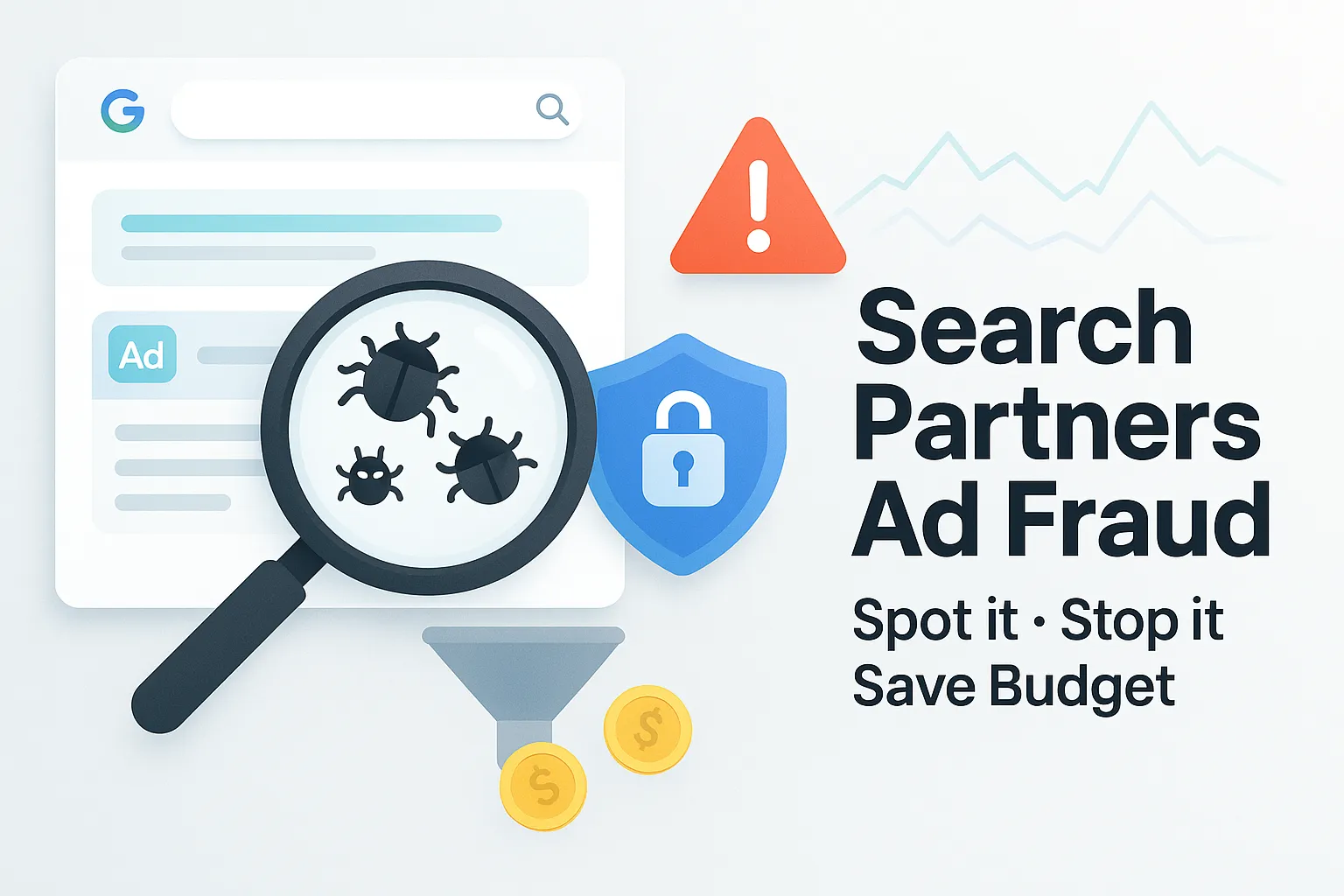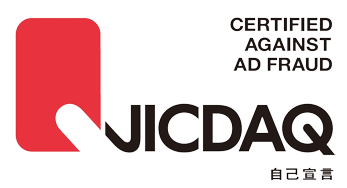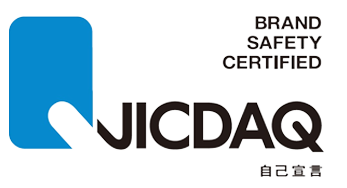Understanding Third-Party Script Vulnerabilities: How to Protect Your Website and Customers

Introduction
Websites today depend heavily on third-party tools. Analytics measure engagement, advertising tags track campaigns, chatbots support visitors, and many other scripts enhance the user experience. These tools also introduce risks that many businesses overlook.
Each third-party script you embed has access to your website, customer data, and potentially sensitive business information. If a script is compromised, outdated, or poorly implemented, the impact can include data breaches, malware infections, degraded site performance, and regulatory violations. Because these scripts often come from trusted vendors, they are rarely audited until a problem arises.
Incidents like the Magecart attacks have shown how malicious or hijacked scripts can cause significant damage to businesses. Even a short-lived breach can result in lost revenue, eroded customer trust, and brand harm.
This article explains what third-party script vulnerabilities are, why they matter to your business, and how to mitigate them. It also outlines how Spider AF can help you monitor and secure your site using its SiteScan (Beta) feature.
Why Third-Party Scripts Are Both Necessary and Risky
Third-party scripts enable key features, improve customer experience, and support marketing goals. They also create security, privacy, and performance risks if left unmanaged.
What Are Third-Party Scripts?
Third-party scripts are pieces of code from external providers that run on your website, loaded from their servers into your visitors’ browsers. Examples include analytics pixels, ad tags, chat widgets, social media embeds, and personalization tools.
They allow marketers and site owners to implement advanced functionality without significant development resources. However, because these scripts are controlled by outside vendors, they can introduce vulnerabilities into your site.
Why Businesses Use Them
Businesses rely on third-party scripts to track visitor behavior, measure conversions, support customer interactions, and test content. Tools like Google Analytics, ad platform tags, chatbots, and A/B testing frameworks help improve marketing ROI and user experience. Few websites operate today without them.
Risks Posed by Third-Party Scripts
Every additional script is a potential attack vector. Because they execute in the user’s browser, compromised scripts can steal data, deliver malware, disrupt performance, or violate privacy laws.
Even reputable vendors can be compromised, and many businesses fail to audit scripts regularly, allowing problems to persist unnoticed.
Common Vulnerabilities
- Data Leakage and Privacy Violations: Compromised or misconfigured scripts may expose personal information such as email addresses, payment details, or session cookies, risking regulatory fines and legal action under laws like GDPR and CCPA.
- Malware Injection and Defacement: Attackers often use third-party scripts to inject malware, phishing prompts, or deface websites, harming visitors and damaging brand reputation.
- Slower Page Loads and SEO Impact: Excessive or poorly optimized scripts increase page load times, hurting conversion rates and search rankings.
- Regulatory Compliance Risks: Privacy laws hold businesses accountable for all data collection on their sites, even when caused by third-party scripts. Noncompliance can lead to fines and enforcement actions.
Examples of Attacks Involving Third-Party Scripts
These vulnerabilities are not hypothetical. Major businesses have suffered breaches through third-party code.
- Magecart and British Airways: In 2018, British Airways was breached through a compromised payment page script, exposing financial data of over 380,000 customers and resulting in a £20 million fine.
- Ticketmaster UK: A malicious chatbot script compromised thousands of user accounts.
- Malvertising: Compromised ad scripts have delivered malware through legitimate ad networks, damaging both visitors and publisher reputations.
These incidents demonstrate the real business costs of neglecting script security, including customer churn, regulatory penalties, and expensive remediation.
How to Reduce Third-Party Script Risks
You can reduce risk while keeping the tools your business needs by following a few key practices.
Audit and Monitor Scripts
Maintain an up-to-date inventory of all third-party scripts on your site. Regularly review and remove unnecessary or untrusted scripts, and monitor remaining ones for suspicious behavior.
Implement Security Controls
Use browser security features like Content Security Policy (CSP), Subresource Integrity (SRI), and sandboxing to limit the impact of compromised scripts. Work with your technical team to configure these properly.
Include Vendors in Risk Management
When choosing new vendors, ask about their security practices and how they protect hosted scripts. Ensure teams responsible for marketing and IT understand the risks and share accountability for mitigation.
How Spider AF Helps Secure Your Site
Managing third-party script security is complex. Spider AF provides tools to help you identify and respond to risks.
SiteScan (Beta)
Spider AF SiteScan scans your website for unauthorized script changes, hidden data collection, and malicious code injections. By detecting issues early, you can take action before they harm your visitors or your brand.
Protect Against Ad Fraud
Spider AF also blocks fraudulent traffic and fake impressions that reduce campaign ROI.
Other Protections
Spider AF’s solutions include Fake Lead Protection and Affiliate Protection, which reduce form spam and affiliate fraud. Together, these tools protect your campaigns, data, and reputation.
Key Points for Website and Marketing Teams
- Third-party scripts are necessary but carry risks.
- Unchecked vulnerabilities can lead to data breaches, malvertising, and regulatory violations.
- Regular audits, security best practices, and vendor vetting are essential.
- Tools like Spider AF SiteScan (Beta) help monitor and protect your site.
Next Steps
Start by trying Spider AF SiteScan (Beta) to assess and secure your website:
https://spideraf.com/spider-sitescan-beta
Protect your customers, your data, and your marketing investments by addressing third-party script vulnerabilities today.



















